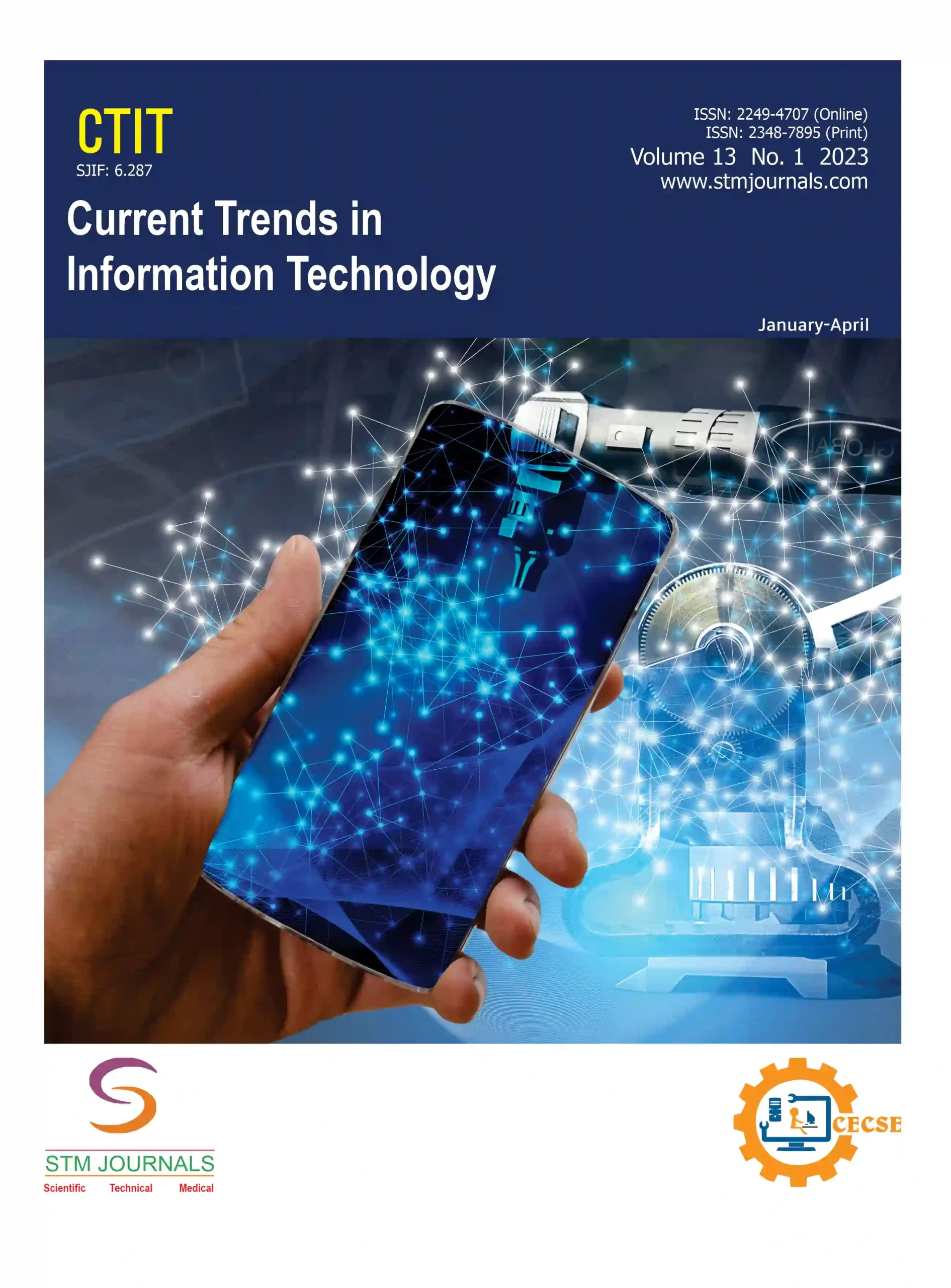Eric Kwasi Elliason,
Atul Khajuria,
Stephen Monday,
J. Samuel Kamanda,
- PhD Research Fellow, Faculty of Allied Health Sciences, Desh Bhagat University, Punjab, India
- Director, Faculty of Allied Health Sciences, Desh Bhagat University, Punjab, India
- Teaching Assistant, Faculty of Allied Health Sciences, Desh Bhagat University, Punjab, India
- Teaching Assistant, Faculty of Allied Health Sciences, Desh Bhagat University, Punjab, India
Abstract
Background: While Artificial Intelligence (AI) technologies are evolving rapidly in education, a major deficit in tertiary students’ awareness and use of AI-based academic research is observed in Ghana. Prior research notes general awareness but limited use in practice and mentions issues with trust, ethics, and accessibility. Methodology: A cross-sectional survey was undertaken with a sample size of 450 undergraduates and postgraduates from diverse disciplines through stratified random sampling. The study utilized structured questionnaire which assessed AI awareness, use, and perceptions. Data was analyzed using SPSS version 26 with Chi-square tests, regression analysis, and exploratory factor analysis (EFA). Results: 68% of respondents were aware of AI tools, but only 45% had used AI tools. The main predictors for awareness were usefulness (B=0.45, p=0.001) and life safety (B=0.32, p=0.004). Univariate analysis showed significant differences by sex (male), by age (18–24 years), and pilot education (postgrads). Ethical considerations were the most significant barriers, including job displacement (40%) and risks to privacy (35%). Conclusion: Tertiary students in Ghana have moderate levels of AI awareness but its practical use remains low. Bridging this gap involves implementing specialized training programs, improving digital literacy, and enacting transparent policies to address ethical issues. Only then can institutions make the most of its potential in academia.
Keywords: Artificial intelligence, academic research, tertiary students, Ghana, awareness, technology adoption
[This article belongs to Current Trends in Information Technology ]
Eric Kwasi Elliason, Atul Khajuria, Stephen Monday, J. Samuel Kamanda. Assessing Knowledge and Awareness of Artificial Intelligence in Academic Research Among Tertiary Students in Ghana. Current Trends in Information Technology. 2025; 15(03):19-25.
Eric Kwasi Elliason, Atul Khajuria, Stephen Monday, J. Samuel Kamanda. Assessing Knowledge and Awareness of Artificial Intelligence in Academic Research Among Tertiary Students in Ghana. Current Trends in Information Technology. 2025; 15(03):19-25. Available from: https://journals.stmjournals.com/ctit/article=2025/view=227946
References
- Sarfo JO, Tachie-Donkor G, Aggrey EK, Mordi P. Attitudes, Perceptions, and Challenges Towards Artificial Intelligence Adoption in Ghana and Nigeria: A Systematic Review with a Narrative Synthesis. Int J Media Inf Lit. 2024; 9(2): 437–52.
- Owusu-Ansah CM, Amankwah A, Yeboah P, Amoako K, Boateng M, Nutsukpui E. Artificial Intelligence (AI) in Academic Libraries in Ghana: a Case Study of Three Academic Libraries. Int J Knowl Content Dev Technol. 2025 Sep; 15(3): 37–63.
- Anani GE, Nyamekye E, Bafour-Koduah D. Using artificial intelligence for academic writing in higher education: The perspectives of university students in Ghana. Discov Educ. 2025 Feb 28; 4(1): 46.
- Zawacki-Richter O, Marín VI, Bond M, Gouverneur F. Systematic review of research on artificial intelligence applications in higher education–where are the educators? Int J Educ Technol High Educ. 2019 Dec; 16(1): 1–27.
- Eteng-Uket S, Effiom UE. Artificial intelligence-based educational interventions: Assessment of student’s awareness, perception, usage and challenges in learning and research. International Journal on Studies in Education (IJonSE). 2025 Jun 18; 7(3): 521–40.
- Edmonds WA, Kennedy TD. An applied guide to research designs: Quantitative, qualitative, and mixed methods. Sage Publications; United States. 2016 Apr 20.
- Davis FD. Perceived usefulness, perceived ease of use, and user acceptance of information technology. MIS quarterly. 1989 Sep 1; 13(3): 319–40.
- Liao SM, editor. Ethics of artificial intelligence. Oxford University Press; England. 2020 Aug 18.
- Chatterjee S, Bhattacharjee KK. Adoption of artificial intelligence in higher education: A quantitative analysis using structural equation modelling. Educ Inf Technol. 2020 Sep; 25(5): 3443–63.
- Brynjolfsson E, McAfee A. The second machine age: Work, progress, and prosperity in a time of brilliant technologies. WW Norton & company; New York. 2014 Jan 20; 13.

Current Trends in Information Technology
| Volume | 15 |
| Issue | 03 |
| Received | 16/07/2025 |
| Accepted | 21/07/2025 |
| Published | 17/09/2025 |
| Publication Time | 63 Days |
PlumX Metrics
